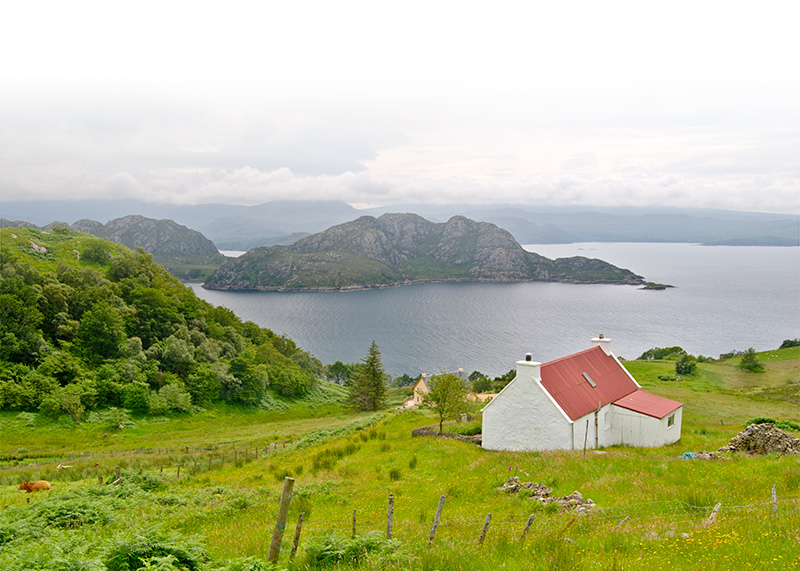
Living off grid is a lifestyle choice for some, but an economical necessity for many. Even in the UK the grid does not reach everywhere – and getting it extended to reach your dream property can be a surprisingly expensive proposition. There are even more homes internationally that struggle to get a constant power source.
So how can you live a grid connected lifestyle without the grid? And what steps do you need to consider when you choose to live offgrid? Here we detail some key considerations, based on our experience working with off grid property owners over the last 9 years.
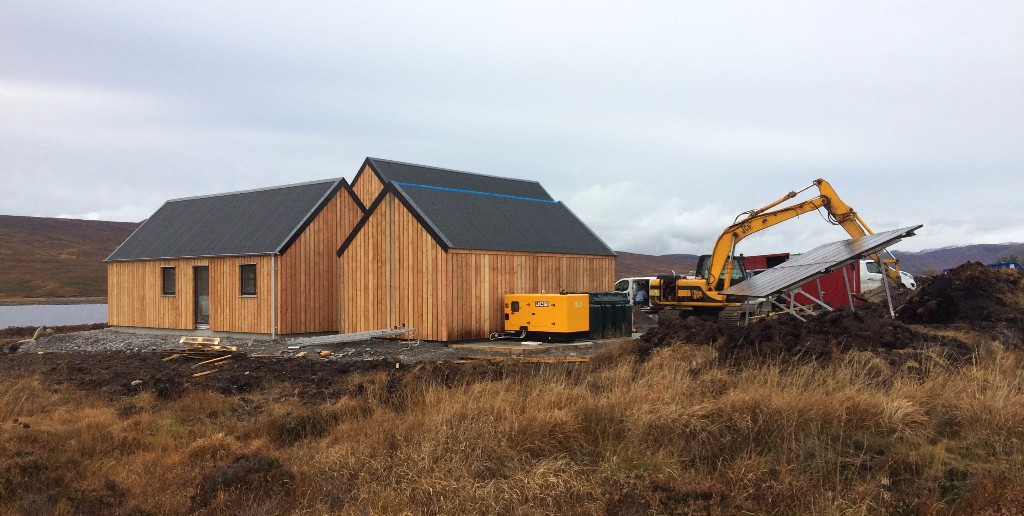
1. Power on site for the build or renovation
The first point to consider if you are undertaking a new build or converting an existing dwelling is what power you will need for the build. Having adequate power on site can help keep the project on track and on budget. Take a look at our case study for the Waterside property above to see how it can make all the difference.
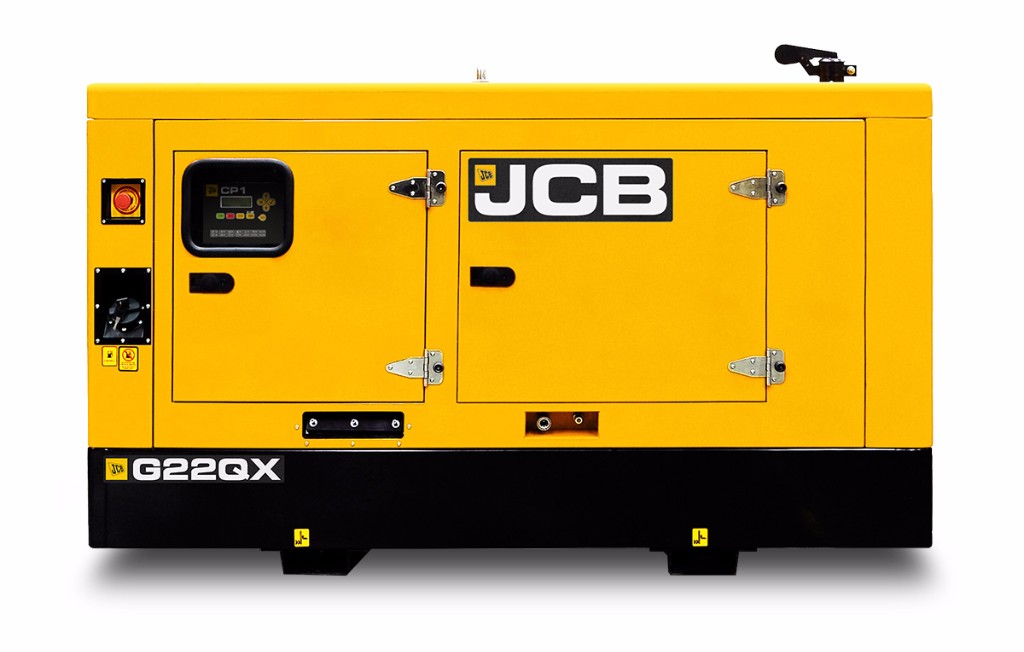
2. Why not just use a generator for your power off grid?
Whilst you can use a stand alone generator to provide your power for an off grid property or project, it is a hugely inefficient system. You will spend large amounts on fuel and servicing costs which are often the hidden costs of a new project, with owners often not being aware of the costs they will be incurring.
With a correctly specified off grid power system, the complete solution could pay for itself within 12 months of installation, compared to a stand alone generator providing your off grid power. And those savings will continue year on year.
Our generator fuel and servicing chart will show you how our EasyGrid system can make significant fuel and servicing savings of between £3,926 and £11,130 per year compared to a stand alone generator system.
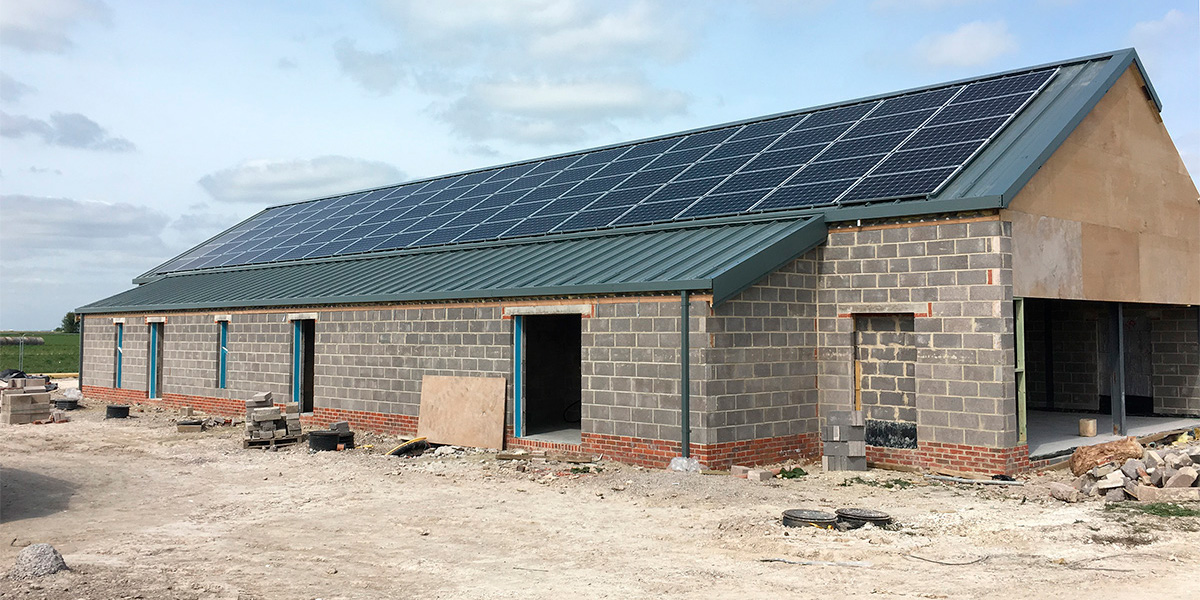
3. Renewables - solar, wind & hydro - which is right for you?
Getting the right renewable inputs into your off grid power system are vital. By far the most popular source in the UK is solar; and the Energy Solutions' team are happy to help you assess your opportunity for solar in your particular location and help you with placement. As a starting point you can get an idea of the solar levels available for your postcode here. Wind and hydro are less common but increasingly being specified. The key factor to consider on all renewables is your location. For example, you need a reliable and suitable water source for micro-hydro, take a look at the Powerspout website to find out more.
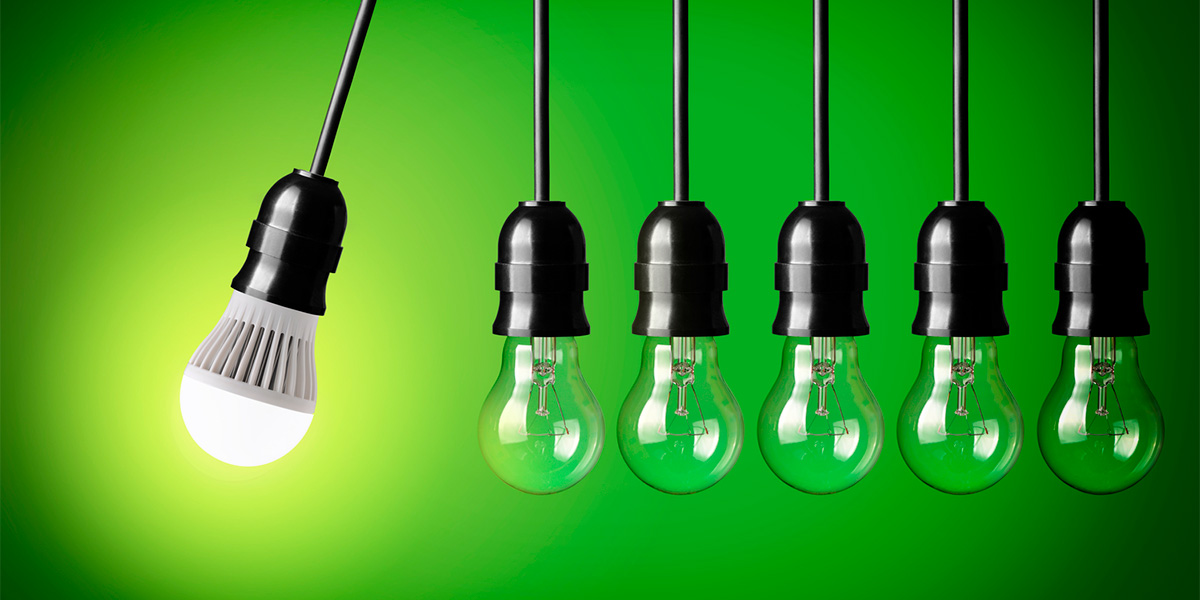
4. Appliances - plan early!
Heating, cooking, washing, lighting, work equipment, media, security - how do you handle all these power demands when you are off grid? Wherever possible look at alternatives to electricity for your heating and cooking, these are heavy loads that can have very high peak demands. If you can power them efficiently with gas or alternative power options it will reduce your overall electricity demands significantly. With regards to other facilities and appliances - always choose the most efficient appliances your budget will allow, LED lighting and A++ appliances for example. And remember the appliances we don't even think about day to day - a standard domestic kettle has a 3kW power demand whilst a small LCD TV only draws 50W. Download our Definitive Guide to Living Off Grid which contains a list of appliances and their loads, this will help you establish the size of power system you are going to need.
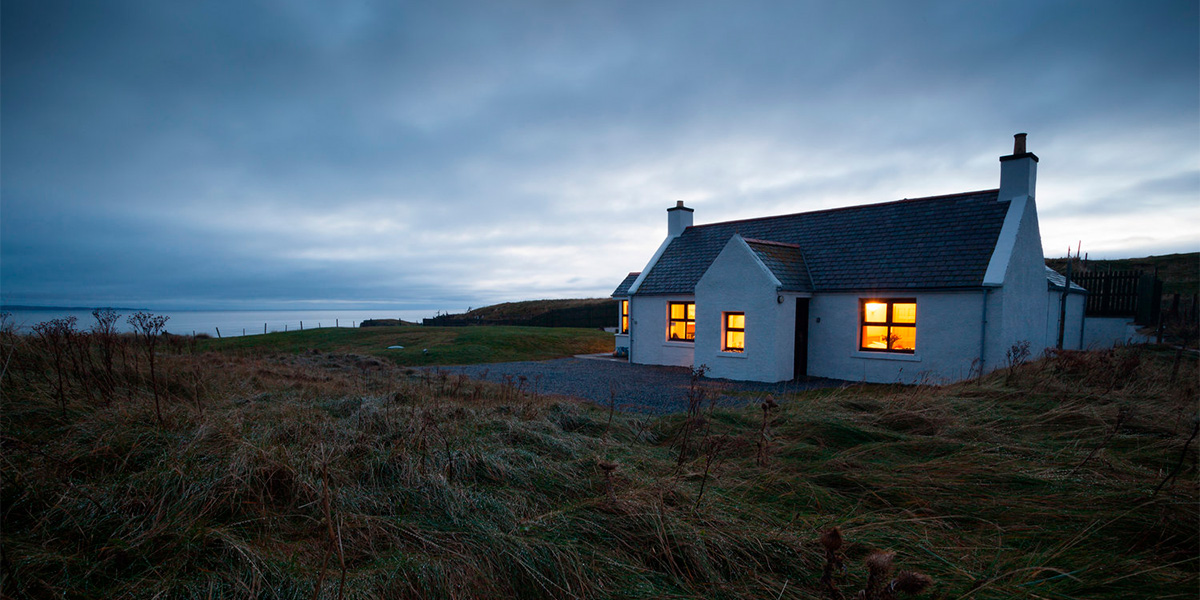
5. Silent Nights
It is highly likely that your off grid power system will contain a generator as part of the mix. This will give you immediate power to support peak loads and will act as a back up to powering the battery bank when renewable inputs are low. But what if you don't want your generator running or starting up during the night when you are looking for a peaceful sleep? Ensure your system has a control facility to allow you to set parameters that stop the generator from starting or running at the wrong times.
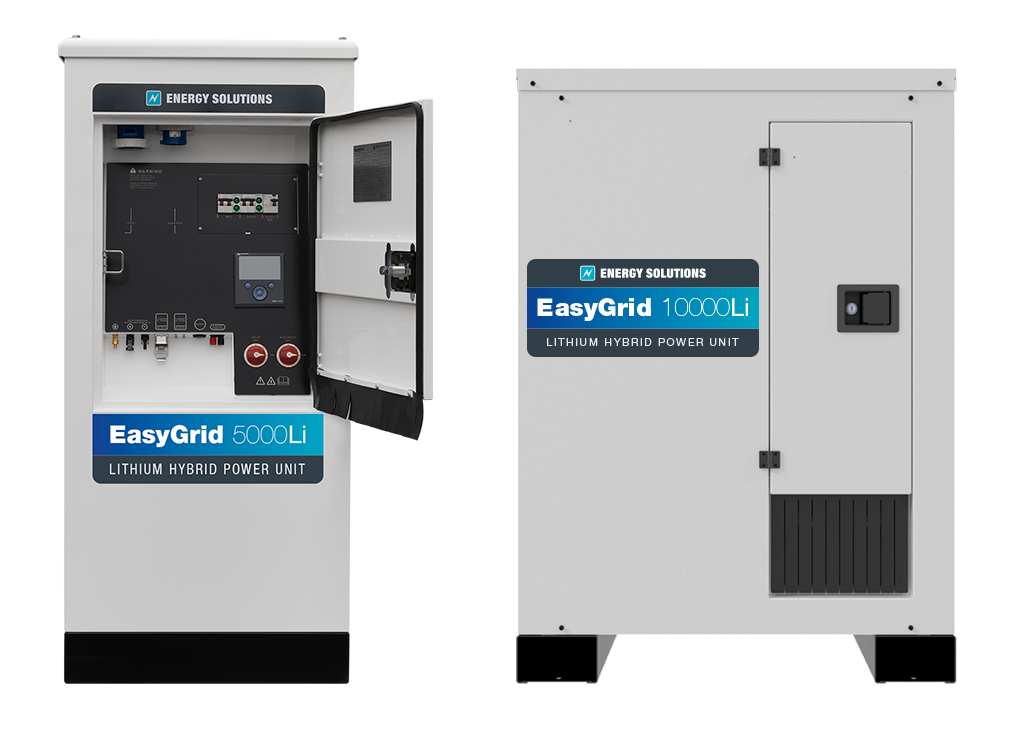
6. Research to find a reliable power solution
Explore the options for suppliers of Off Grid Power systems. We have a large number of case studies on our website outlining how customers have integrated our EasyGrid systems. Have a read through and see how other people are using their systems; what power requirements they have, and how they have dealt with specific issues. It makes going off grid less daunting when you see how many other people are doing it successfully! It is also worth emailing or calling our Off Grid Technical team, they have experience of numerous off grid systems and can help with even the most unusual of enquiries.
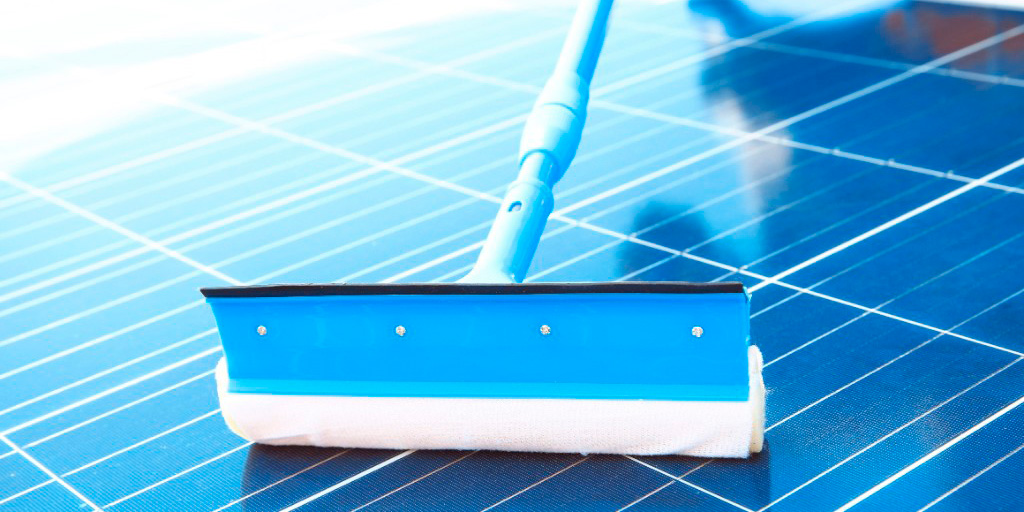
7. Keep your system well maintained
In the same way that you service your boiler or car it's worth remembering that an off grid power system will need regular checks and planned servicing over the years. At the heart of most off grid power systems are sophisticated battery storage units - with one of our systems the controls will be set to charge and discharge your batteries in the most efficient way to ensure they have the longest possible life. Your solar panels will need cleaning occasionally to ensure optimum performance and you will need have the generator serviced as per it's manufacturers recommendation. At Energy Solutions our Service Team offer an annual service plan for our own units so that owners can be sure they continue to get the best efficiency from their system. All of these measures will mean a longer life and optimum efficiency from your system.
We hope this is an informative overview for you for further details please contact our Off Grid sales team.
01634 290772
sales@energy-solutions.co.uk